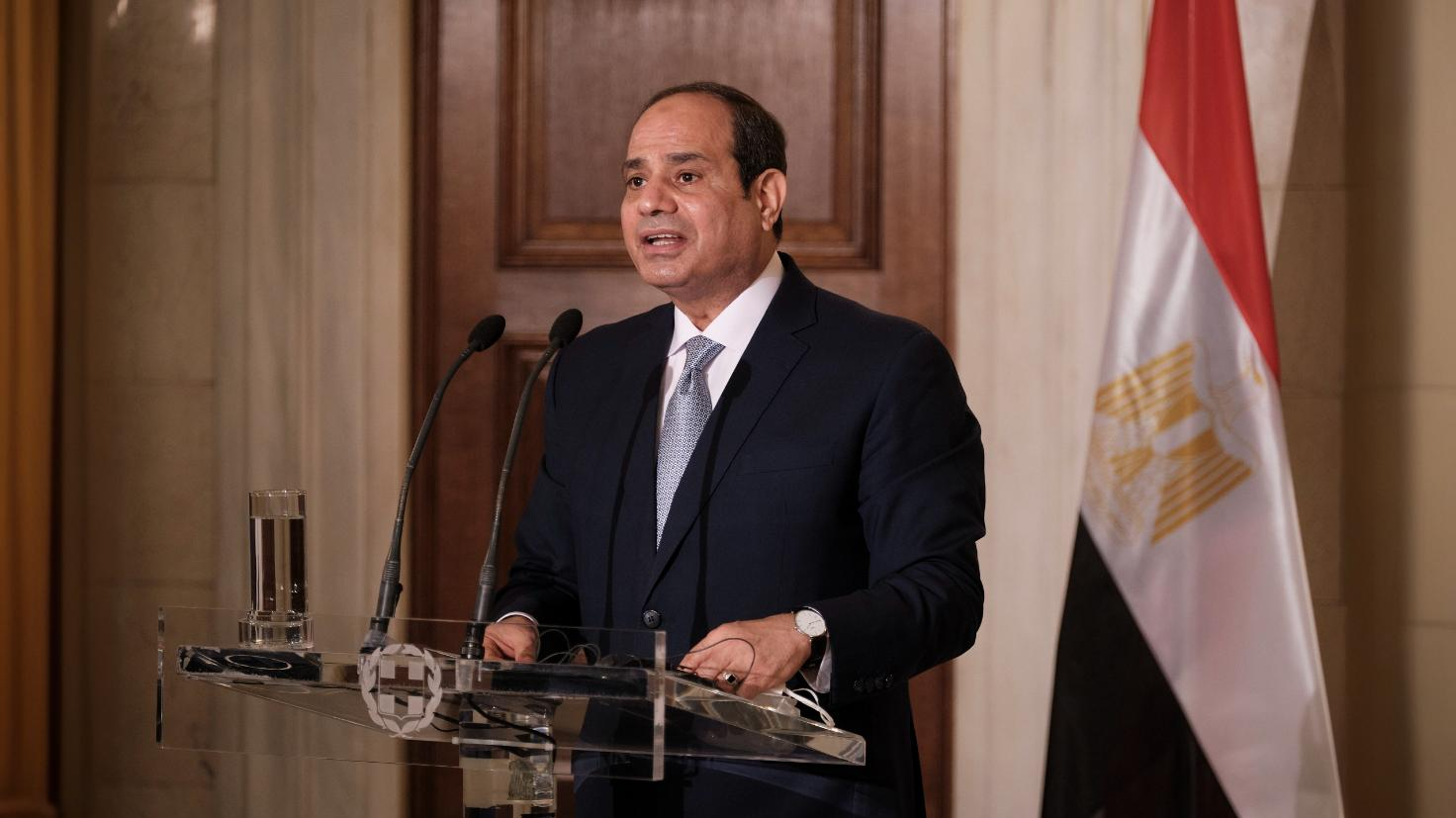Egypt Rejects Trump’s Gaza Plan, Warns of Regional Fallout
Egypt has forcefully rejected US President Donald Trump’s proposal to relocate Gaza’s population to neighboring Arab states, warning that any such move would destabilize the region and could jeopardize its long-standing peace treaty with Israel. In a statement Tuesday, the Egyptian government reiterated its commitment to rebuilding Gaza while ensuring that Palestinians remain in their homeland.
The rejection comes as President Trump continues to push for what he calls “US ownership” of Gaza, vowing that his administration would “run it very properly” after the war. His plan, which involves transferring nearly 2 million Palestinians to Egypt and Jordan, has drawn sharp opposition from Arab leaders. Cairo has made it clear that it will not accept any forced migration of Gazans into Egyptian territory.
Egyptian officials have also reacted strongly to the US president’s threats to cut aid if they refuse to cooperate. The US provides approximately $2.1 billion in annual assistance to Egypt, mostly for military support. Diplomatic sources told the London-based Qatari newspaper The New Arab that if President Trump follows through with his threat, it could invalidate Egypt’s 1979 peace treaty with Israel. The agreement has been a cornerstone of regional stability, and its potential unraveling could have far-reaching consequences.
Relations between Cairo and Washington have soured rapidly, with some analysts calling this the worst crisis in US-Egypt ties in three decades. In response to President Trump’s pressure campaign, Egyptian President Abdel Fattah el-Sisi indefinitely suspended a planned meeting with the US president in Washington. Meanwhile, Egyptian media outlets have reported that the government is preparing contingency plans to counter any loss of US aid, including securing alternative financial and diplomatic partnerships.
This holiday season, give to:
Truth and understanding
The Media Line's intrepid correspondents are in Israel, Gaza, Lebanon, Syria and Pakistan providing first-person reporting.
They all said they cover it.
We see it.
We report with just one agenda: the truth.


Jordan has also refused to accept Palestinian refugees as part of the president’s plan. King Abdullah II met with President Trump at the White House this week and reaffirmed his opposition to any attempt to forcibly displace Palestinians. While Jordan has rejected the broader proposal, Abdullah did agree to provide medical treatment for 2,000 sick children from Gaza.
Hamas, the armed group governing Gaza, has condemned President Trump’s proposal as a “displacement project” and called for an emergency summit among Arab nations to prevent its implementation. “We do not need any country to patrol the Gaza Strip, and we do not accept replacing one occupation with another,” Hamas said in a statement.
Despite growing opposition, the American president remains committed to his plan. He has insisted that displaced Palestinians would not have the right to return to Gaza once reconstruction is complete. “No, they wouldn’t, because they’re going to have much better housing, much better,” President Trump said in an interview with Fox News.
In an effort to ease tensions, US Secretary of State Marco Rubio has been dispatched to the region for discussions with Middle Eastern leaders. However, there are indications that he may not be fully aligned with the president’s position. When asked about Palestinian resettlement, Rubio suggested that displaced Gazans would need to “live somewhere else in the interim,” without confirming whether they could return after reconstruction.
Egyptian Foreign Minister Sameh Shoukry met with Marco Rubio in Washington earlier this week and reaffirmed Egypt’s opposition to any forced displacement of Palestinians. “Arab countries support the Palestinians and reject Trump’s plan,” Shoukry stated. Cairo has repeatedly emphasized that a two-state solution remains the only viable path to peace.
With Egypt holding firm against US pressure, President Trump’s ability to enforce his vision for postwar Gaza remains uncertain. Cairo’s refusal to cooperate presents a significant obstacle to his relocation plan and has deepened diplomatic tensions between the US and one of its key Middle Eastern allies.

